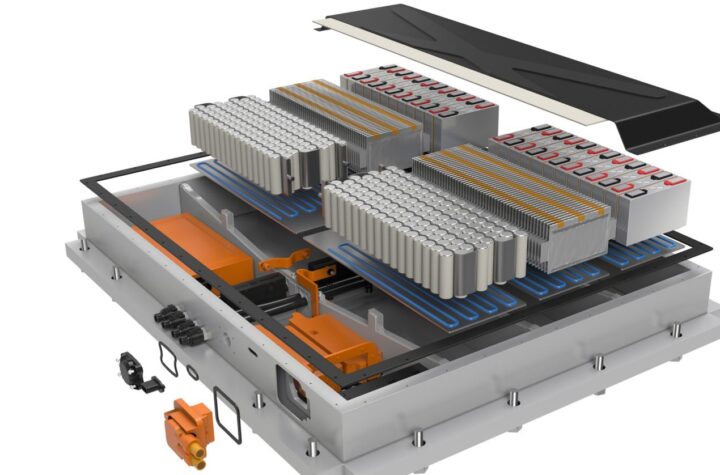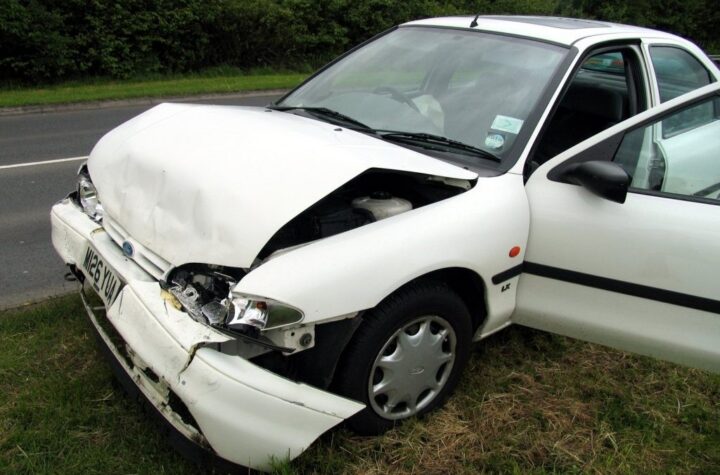
Renewable biogas and upgraded biomethane is on the agenda in Brussels and in at least 28 countries across Europe. Biogas is a legally recognized renewable energy source that is receiving more strategic focus in national energy plans and in the policies of the European Commission. The European Union has targeted a substitution of fossil fuels with 20% renewable energy by the year 2020. For the transportation sector the target is to replace 10% of petroleum with renewable fuels, although much of the attention has been given to liquid renewables and not gaseous fuels. Although biogas has been viewed by some policy makers more as a fuel for electric generation than for use in the transport sector, more companies are ‘greening the gas grid’ to deliver renewable biomethane to all gas consumers. In some countries biomethane is delivered directly to natural gas vehicle customers by truck as compressed or liquefied gas or through dedicated pipelines. Still there are some important, unresolved issues associated with adding biogas – upgraded to pipeline quality biomethane – into the gas grid.
• A number of governments favoring the use of biogas for electric generation have created incentives or tariffs that make feed-in to the gas grid unattractive or uneconomical.
• Some countries prohibit biomethane injection into the grid due to concerns about impurities and microbe contaminants in biogas from urban landfill or sewage from the water purification process. Studies are being done to help dispel these concerns.
• European legislation requires the development of a fuel quality standard for biomethane grid injection but that effort will fall behind the rapid development of pipeline feed-in, so different national biomethane fuel quality standards will be used until a harmonized, European fuel specification will come into force.
• Pipeline network operators are concerned about ‘intermittency’ whereby the availability and supply of biomethane into the grid does not match the daily or seasonal customer demand for gas, making the biomethane supply incompatible with different patterns of consumption.
• Some biogas producers are finding non-pipeline markets that will compete with pipeline feed-in. Such diversification may or may not be compatible with the need to establish long term contracts to inject biomethane into the pipe network.
Greening the Gas Grid
To address these issues and more, Clean Fuels Consulting is hosting its fourth Critical Issues Workshop,” Renewable Biomethane: Opportunities, Challenges and Strategies for Greening the Gas Grid,” in Brussels on 16-17 February 2011. The goal is to identify the key issues facing the gas industry, governments, and entrepreneurs as to what strategies and next steps are required to expand and ultimately legitimize the adoption and use of renewable biomethane for all gas-consuming sectors, including natural gas vehicles. The workshop provides an excellent opportunity to understand and discuss in-depth the laws and regulations, technical, and financial elements affecting the broader use of renewable biomethane, and particularly its addition into the natural gas pipeline network. As with other Critical Issues Workshops a strategic position paper will be prepared shortly after the conclusion of the workshop that summarizes the issues, challenges and opportunities facing the natural gas and biomethane industries. Specific recommendations will be made to help motivate the European and worldwide market development of renewable biomethane.
The European Biogas Association and NGV Russia are Association Partners for this conference. Fleets & Fuels and Czas na Gaz are media partners.
For more information about the program and accompanying exhibit, please visit:












More Stories
Automotive Industries (AI) Newsletter April 2025
Bangkok International Motor Show 2025 – The Talk of Sensuous Automotive
Earn GHG reduction values through MOL Pure Car Carrier “Book and Claim (B&C)” service